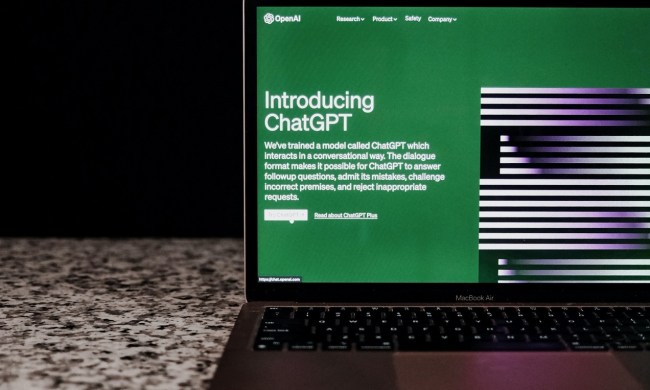 Facebook is spreading its wings to the broader Web with new tools that will allow users to see personalized versions of websites they visit elsewhere.
Facebook is spreading its wings to the broader Web with new tools that will allow users to see personalized versions of websites they visit elsewhere.
The move could change the way people experience the online world, though it could come with deeper privacy implications. By accessing Facebook’s tools, websites will be able to customize the experience based on the list of friends, favorite bands and other things users have shared on their Facebook profiles.
“The Web is at a really important turning point now,” Facebook CEO Mark Zuckerberg said at a conference for Web and software developers in San Francisco. “Most things aren’t social and they don’t use your real identity. This is really starting to change.”
It already has, with Facebook among its earliest pioneers. The world’s largest online social network has long insisted, with varying success, that its users go by their real identities when they sign up for the service, offering a contrast to the culture of pseudonyms common elsewhere online.
And Facebook has sometimes transported those identities beyond its own service. Facebook Connect, announced last year, lets people use their Facebook log-ins to sign in to other websites, without needing a separate account.
The latest changes take this a step further. It means Facebook users will be able to see a Web tailored to them based on their interests and social connections, as long as they are already logged in to Facebook. So when visiting a news site for the first time, they could see which of their Facebook friends liked recent articles. A music site such as Pandora, meanwhile, could start playing music from the user’s favorite bands.
Users will also be able to share items on their Facebook profiles without leaving the other websites, simply by clicking “like” buttons next to the news article or other items they are reading.
Zuckerberg told developers at the f8 conference that the experience will mean a more personalized, social, smarter Web.
“There is an old saying that says when you go to heaven, all of your friends are there and everything is just the way you want it to be,” Zuckerberg said during his keynote, wearing sneakers and a dark sweat shirt. “So together let’s make a world that’s that good.”
If it works and users embrace it, Facebook could gain valuable insights that could help it sell more advertising, potentially rivaling online ad leader Google Inc., which typically tailors ads based on keywords in search terms and Web content.
“If I were Google I would be really scared because Facebook might to end up with a lot more intelligence than them,” said Alain Chuard, founder of social marketing firm Wildfire. “Google is just an algorithm, but Facebook could rule the Web.”
But Facebook’s plans could backfire if it doesn’t make it clear what it’s trying to do. Facebook needs to make it easy for individual users to choose not to have their outside activities posted on Facebook’s website, said Greg Sterling, an Internet analyst who also writes for SearchEngineLand.com.
“How many people are really going to want all this information about them shared?” Sterling said. “That’s the big unanswered question here.”


